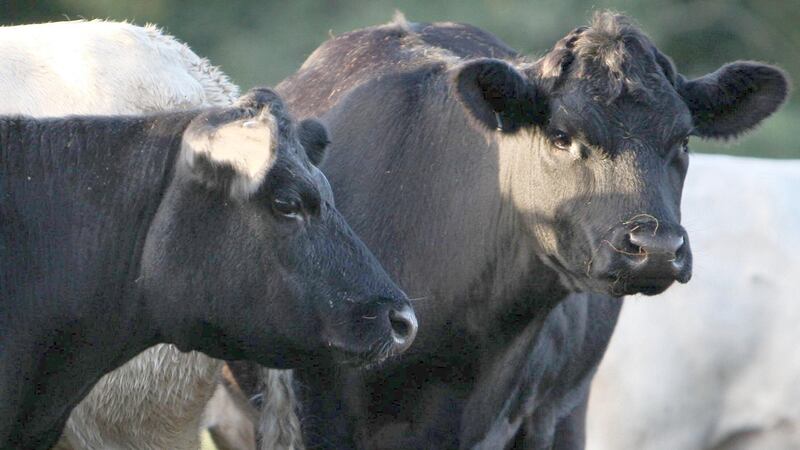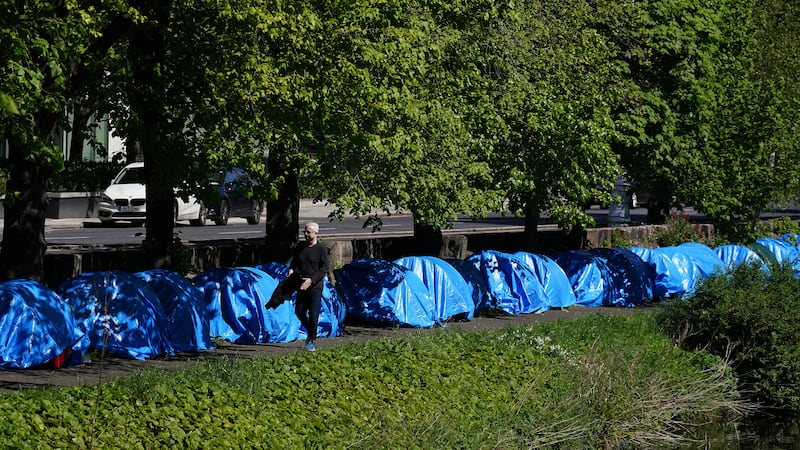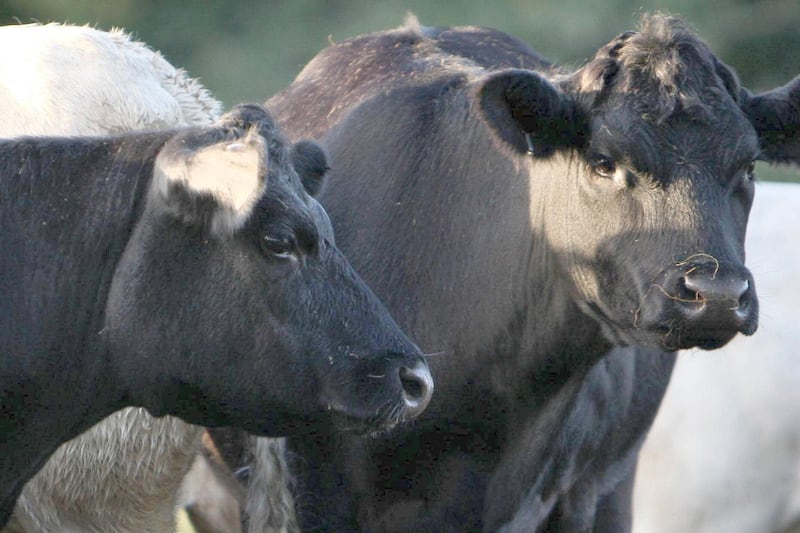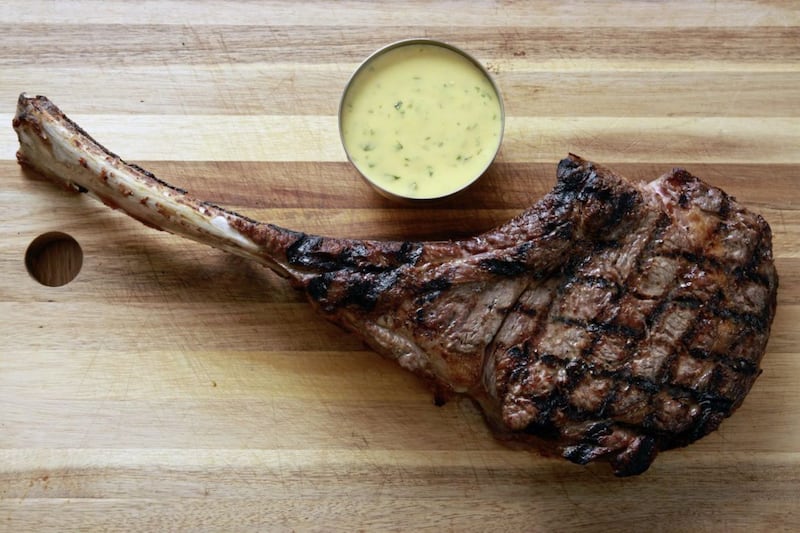Irish beef exports to China have been suspended after the detection of a confirmed case of bovine spongiform encephalopathy (BSE), also known as mad cow disease.
The atypical BSE case was detected in a 10.5-year-old cow on Friday.
The Department of Agriculture said this was part of its “ongoing surveillance of ‘fallen’ animals at ‘knackeries'”.
It said tests carried out at the department’s Central Veterinary Research Laboratory confirmed the case of atypical BSE.
A department spokesman said the cow did not enter the food or feed chain and there are no public health risks from the case.
In a statement, he said: “Atypical BSE is a rare spontaneous event that may occur in any bovine population. It is not related to feed contamination.”
While the identification of the case does not impact on trade generally, the protocol with China requires exports to be suspended pending submission and assessment of the epidemiological report.
Chinese authorities will decide when exports can resume.
The most recent case of atypical BSE in Ireland was identified in 2020.
Ireland was granted the World Organisation for Animal Health’s (WOAH) negligible risk status for BSE in 2021, which is the lowest risk rating available.
Atypical BSE is not notifiable to the WOAH.
The department said identification of this atypical BSE case does not affect Ireland’s risk rating for BSE.
A spokesman said Ireland’s BSE controls are “robust and effective and consistent with legal requirements and best international practice”.
He said the discovery of the case is proof of effective food and feed safety controls.
Ireland exports more than 90% of the beef it produces and is reliant on the reputation of its food safety systems.








